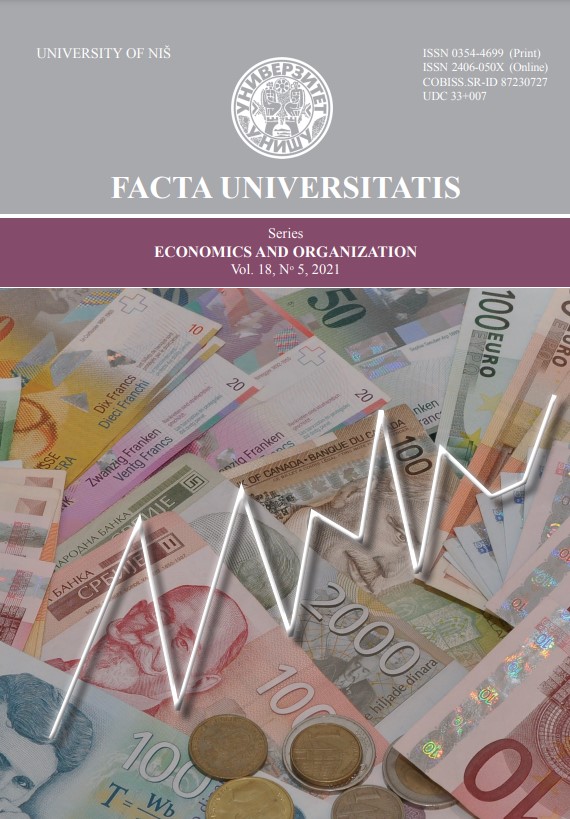THE COMPLEXITY PARADIGM: TOWARDS A MODEL FOR THE ANALYSIS OF SOCIAL SYSTEMS AND PROBLEMS
THE COMPLEXITY PARADIGM: TOWARDS A MODEL FOR THE ANALYSIS OF SOCIAL SYSTEMS AND PROBLEMS
Author(s): Artur Parreira, Ana SilvaSubject(s): Socio-Economic Research
Published by: Универзитет у Нишу
Keywords: Morin’s operators; Cognitive complexity; ACSIP Model; Socioeconomic inequalities; Results synergy
Summary/Abstract: The article proposes the complexity paradigm as an innovative reasoning for analyzing problems in behavioral sciences. It begins to explain the contributions of the major authors of the complex reasoning paradigm: Gödel, Prigogine and Morin. They offer the basis to a model of analysis and assessment of complex systems and problems (ACSIP Model). The four postulates of the Model are explained, emphasizing the principal hypothesis of the Model – the level of cognitive operations is the most important factor of complexity of a system; then to understand it, the cognitive level of analysis must be at minimum equal to that of the system or the problem under analysis. In the second part the article, an illustrative application of the ACSIP Model is applied to the analysis of the SDG 9 from the UN 20/30 agenda, showing the analysis of a complex problem, guided by the complexity reasoning model. Following that, an empirical research is presented, to verify the hypothesis underlying the fourth postulate of the model. The results confirm the hypothesis: the use of information by a group is inversely proportional to the use of power (authority). These results allow us to conclude that the complex reasoning paradigm is a promising tool to obtain synergic results in the scientific analysis and resolution of concrete social problems and to face the complex challenges brought by artificial intelligence systems.
Journal: FACTA UNIVERSITATIS - Economics and Organization
- Issue Year: 18/2021
- Issue No: 5
- Page Range: 435-455
- Page Count: 21
- Language: English

